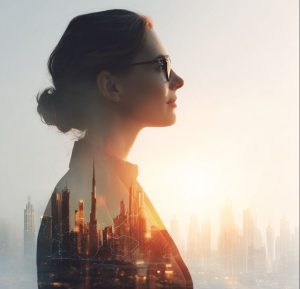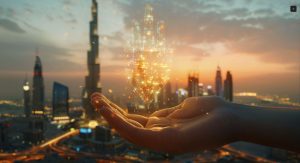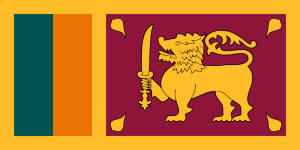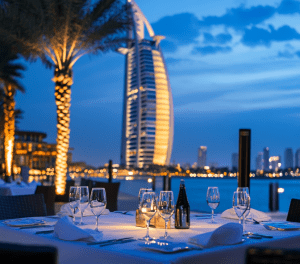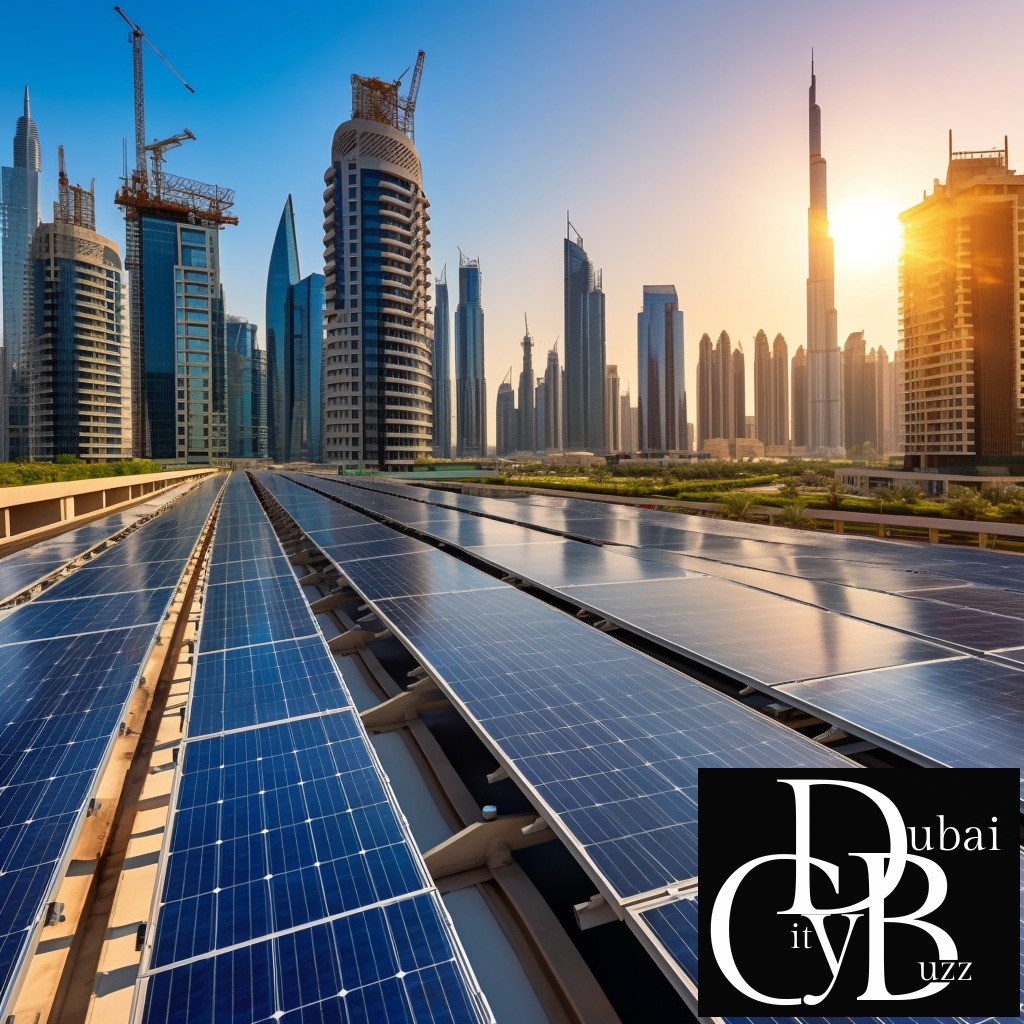
Dubai, known for its luxurious skyline and ambitious architecture, is rapidly emerging as a global leader in sustainable real estate. With a clear vision of building a greener and more sustainable future, the city is implementing ground breaking initiatives that combine innovation, technology, and environmental consciousness. In this article, we will explore Dubai’s sustainable real estate initiatives and their impact on the city’s future, highlighting the key strategies and projects that make Dubai a pioneer in sustainable development.
1. Dubai’s Commitment to Sustainability:
Dubai has made a steadfast commitment to sustainability by setting ambitious goals and adopting stringent regulations. The Dubai Clean Energy Strategy 2050 aims to provide 75% of the city’s energy from clean sources by 2050. Additionally, the Dubai Green Mobility Initiative promotes the use of eco-friendly transportation and encourages the adoption of electric vehicles.
2. Green Building Standards and Certifications:
Dubai has introduced rigorous green building standards to ensure sustainable development. The Emirates Green Building Council (EmiratesGBC) provides guidelines and certifications for energy-efficient and environmentally responsible construction practices. The Leadership in Energy and Environmental Design (LEED) certification is widely recognized and encourages developers to design and construct green buildings.
3. Smart City Integration:
Dubai’s smart city initiatives integrate sustainable practices into every aspect of urban life. The Smart Dubai initiative utilizes advanced technologies to enhance resource efficiency, improve energy management, and promote sustainable living. From smart grid systems to intelligent transportation networks, Dubai is leveraging technology to create an interconnected and eco-friendly city.
4. The Sustainable City:
A flagship project, The Sustainable City, stands as a testament to Dubai’s commitment to sustainable living. It is a fully integrated community that prioritizes energy efficiency, waste management, and ecological preservation. The community features solar-powered homes, electric vehicle charging stations, urban farming, and advanced water recycling systems, creating a blueprint for sustainable urban development.
5. Solar Power Integration:
Dubai’s abundant sunshine is being harnessed to power the city sustainably. The Mohammed bin Rashid Al Maktoum Solar Park is one of the largest solar energy projects in the world. With a planned capacity of 5,000 megawatts by 2030, the solar park significantly reduces carbon emissions and provides a clean energy source for the city’s growing population.
6. Green Retrofitting:
Recognizing the importance of existing buildings in the sustainability equation, Dubai promotes green retrofitting. By upgrading older structures with energy-efficient technologies and sustainable features, the city aims to reduce carbon footprints and enhance overall energy performance.
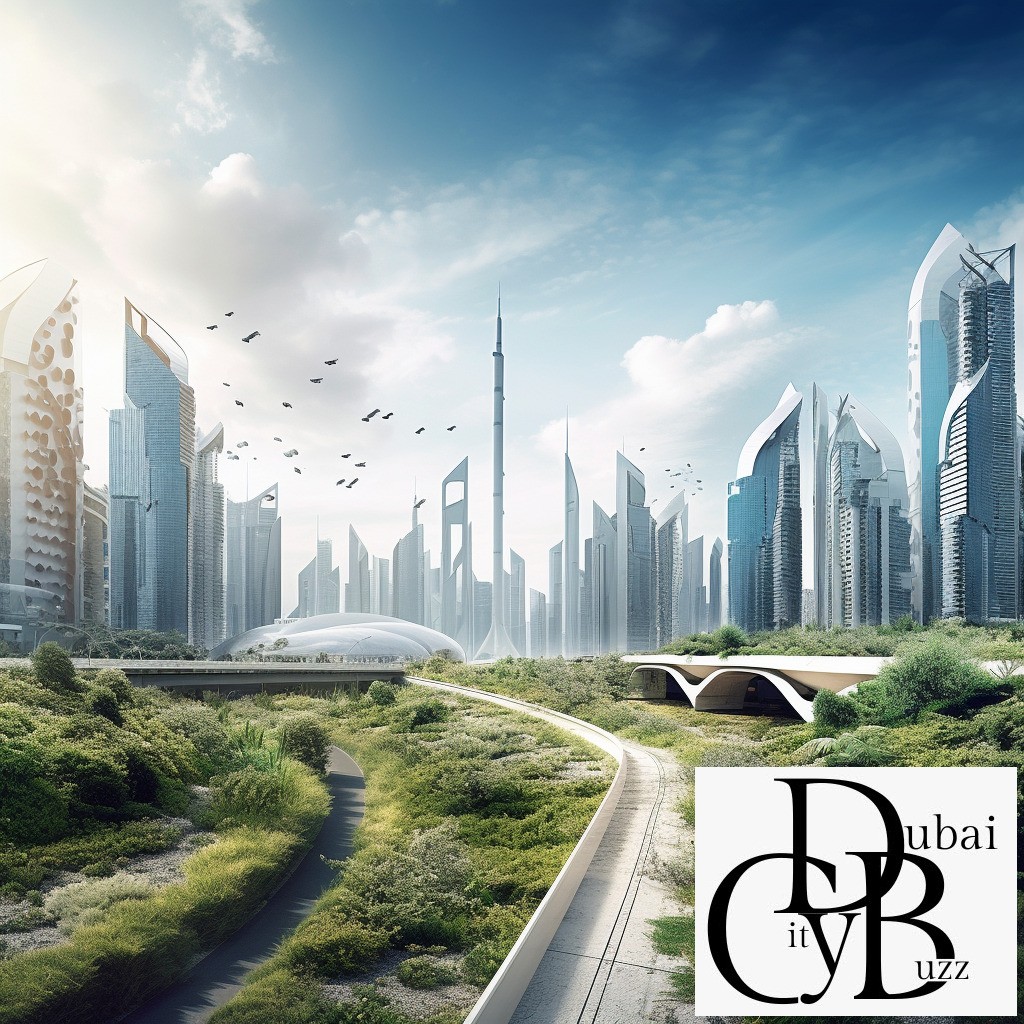
7. Water Conservation:
Dubai’s arid climate necessitates innovative water conservation strategies. The city promotes the use of efficient irrigation systems, wastewater treatment and reuse, and smart water management technologies. These initiatives contribute to significant water savings and support long-term sustainability.
Conclusion:
Dubai’s sustainable real estate initiatives demonstrate a proactive approach towards building a greener future. Through the adoption of green building standards, smart city integration, solar power utilization, and water conservation efforts, the city is establishing itself as a global leader in sustainable development. As Dubai continues to innovate and implement sustainable practices, it sets a remarkable example for other cities to follow. By prioritizing the environment and integrating sustainable solutions, Dubai is not only building for the future but also shaping a more sustainable world.
